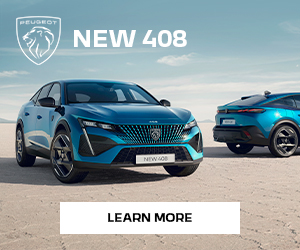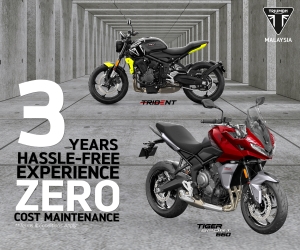Hyundai will “launch a new electric SUV” by 2018
Hyundai is planning to launch a dedicated all-electric SUV with 200 miles of range within two years. News has come that Hyundai will “launch a new electric SUV” by 2018.
It will use different underpinnings than the recently launched 2017 Hyundai Ioniq, a range of hybrid, battery-electric, and plug-in hybrid models that will start to appear at dealers very late this year. But Hyundai’s electric SUV is expected to ride on a dedicated platform as well, which would likely be required to accommodate the large battery pack necessary for an SUV with a range of 200 miles.
Rumours say that the electric SUV may also be offered with a larger-capacity pack yet, giving it a range of up to 300 miles. That first 200-mile range, incidentally, is given as 320 kilometres, and is likely measured on the Korean test cycle which could be the equivalent of only 140 to 160 miles on the tougher U.S. EPA cycle.
The larger pack might be required to get the U.S. range rating above the 200-mile mark, but at the moment, this remains conjecture. Like the dedicated Ioniq platform, which is shared by Hyundai’s sister brand Kia in the form of the Niro “hybrid utility vehicle,” the new all-electric SUV architecture will likely spawn a Kia variant as well.
Whether the electric Hyundai crossover SUV will offer all-wheel drive remains unclear; the Niro hybrid, despite being identified as a utility vehicle, does not and Kia has said it has no plans to add that capability to the vehicle.
Hyundai’s electric SUV probably also shares its platform with the Korean maker’s previously disclosed dedicated hydrogen fuel-cell SUV, to be launched before the end of the decade with a range that could be as high as 500 miles (again most likely on the Korean test cycle).
That vehicle will replace the current Hyundai Tucson Fuel Cell, a hydrogen conversion of the last-generation compact crossover utility vehicle that is sold only in limited volumes in specific areas of Southern California where a hydrogen fueling infrastructure exists.
It seems unlikely that Hyundai would develop two separate, all-new, dedicated electric-drive SUVs, so expect some sharing of components between the battery-electric and hydrogen fuel-cell powertrains.
The upcoming Hyundai electric SUV, however, may forgo the versions with combustion engines altogether, which could simplify the design of frontal crash structures.
















